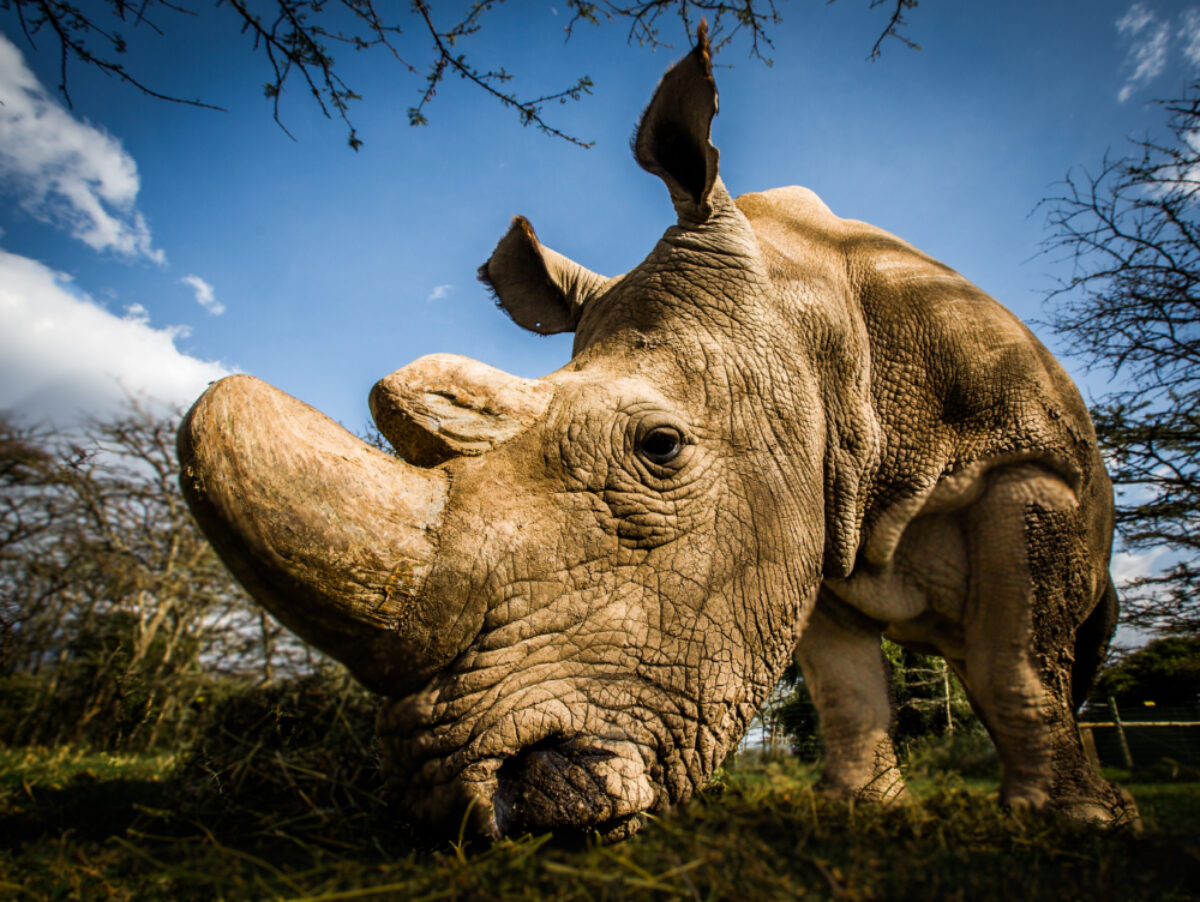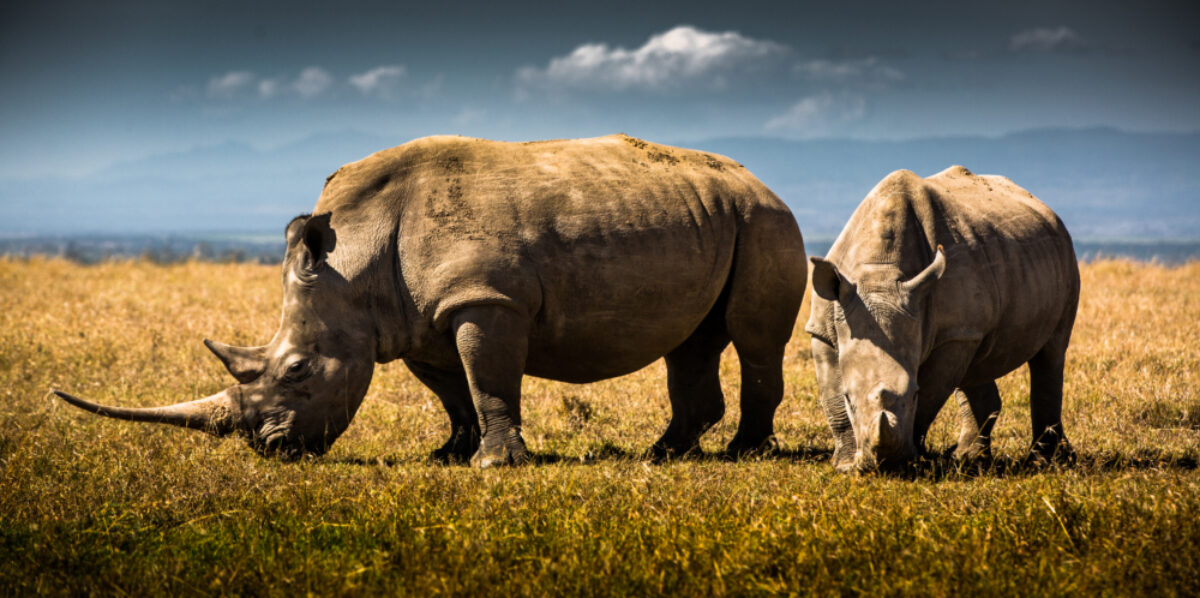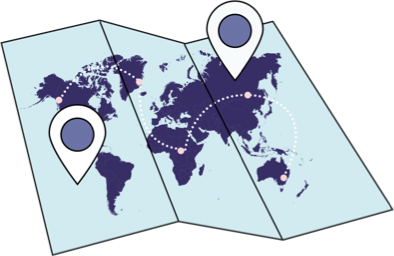Saving the African rhino
Why ending demand is the key to stopping poaching
In 1993, both China and Taiwan banned the sale of rhino horn, leading to a dramatic decrease in rhino poaching across Africa. Between 1993 and 2008, poaching of rhinos occurred at a low level -- around 50 per year, worldwide.
Then, in 2008, poaching in South Africa suddenly started to take off again. A new demand for rhino horn developed Vietnam, where it was being marketed as a hangover cure and, more disturbingly, by people claiming it could cure cancer.
At first, this demand was supplied 'legally' by people who were claiming to trophy hunt in Africa but were actually getting the horns to sell within Vietnam. This ‘pseudo-hunting’, involved Asian hunters and in some bizarre cases Thai prostitutes pretended to be 'hunters' on expeditions. Horns were then cut off and smuggled into the black market. This occurred about 250 times before the authorities realised what was happening.
Between 2009 and 2011 poaching increased from 50 to 1,200 animals each year, predominantly in the Kruger National Park but also in other parts of South Africa. In some cases, where the animal is killed right away, the process is brutal. Poachers use drugs to sedate the animal before taking their horns – a particularly inhumane act as the rhino wakes up with a large portion of its face brutally hacked off.

South Africa is now reporting lower poaching rates. Around 750 rhino are being poached each year. Whether this reduced number is due to fewer rhinos being harder to find or better protection remains to be seen. What we do know is that authorities have been reluctant to prosecute poaching kingpins. Those that are prosecuted see their cases constantly delayed and it seems like people are being bribed in the court system to not prosecute. Essentially for the people above the poacher level, it has been a fairly risk-free crime.
How WildAid helps
WildAid enlists popular Asian, African and Western stars to spread the message about wildlife crime. Working with these ambassadors and media partners, we deliver high-impact, culturally sensitive campaigns.
We've produced documentaries and billboard campaigns with celebrities like Jackie Chan and Yao Ming, and we've worked with traditional medicine practitioners for them to categorically state that rhino horn does not cure cancer.
Our approach to conservation through demand reduction works. The price for rhino horn used to be $65,000 a kilo, but now, it's down to $19,000-$22,000 per kilo.
It’s about educating the public. People with relatives in hospital dying from cancer are understandably desperate, so if unscrupulous people are telling them that rhino horn is the only cure to save their relatives, they go for it.
We believe that if all you do is restrict supply, you simply increase the price. You have to actually reduce demand if you're going to be successful in combating crime. If you look at drug trafficking -- we have spent about $23 trillion trying to suppress the supply of drugs but we haven't really done very much to actually change the demand.

Through our campaigns, thousands of more people in Vietnam now understand that rhino horn is keratin, just like your fingernails and hair – which do not cure cancer. So that simple factual piece of information is enough for many people to realise that this is not what it's claimed to be.
That's what we've been doing on a number of species for many years. With shark fin in China, there's been an 80% reduction in imports of shark fin over the last three years. There has been a two-thirds drop in the price of ivory in China and a two-thirds drop in the price of rhino horn. So I think we've been able to show that we can successfully impact the demand.
Repopulating the rhino
We were quite surprised that when the price of rhino horn went down, it took longer than we expected for poaching to decrease. Now it's on the way down and we hope with increased enforcement it will actually be possible to make further reductions. It'll be hard to completely eliminate it, but if it goes down to around 500/600 a year, the net rhino population will start increasing.
We're also engaged on the supply side, doing outreach campaigns in Africa to encourage people to report wildlife crime and to support anti-poaching efforts. In the 1960s, the white rhino in South Africa was down to around 50 individuals. It's now up to 22,000. In 1993, the black rhino was down to around 2,500, but now there are more than 5,000. If poaching can be stopped, there's not necessarily a problem with regrowing the rhino population. I think it can be grown about 6-7% a year. There is absolutely no shortage of rhino habitat in Africa, it's purely and simply the poaching.
Can tourism help?
With a robust tourism economy, it's much harder to poach animals. By being a tourist, you are contributing critical funds which can be used for anti-poaching measures, whether its park fees or money you bring into the economy that helps to support anti-poaching efforts. By visiting Africa on safari and by going and seeing the animals, you are essentially fighting poaching.
It's a pretty crazy situation that these species are on the brink of extinction, purely because people are making money out poaching.
I was involved back in 1993 when it looked like the black rhino was going to go extinct in four or five years. By changing attitudes and policies in China and Taiwan we were able to stop that decline. So these are solvable problems but it does take focus and resources. But to think that we would lose elephants and rhinos is unconscionable to me. We would be letting down the entire human race if we did that.




